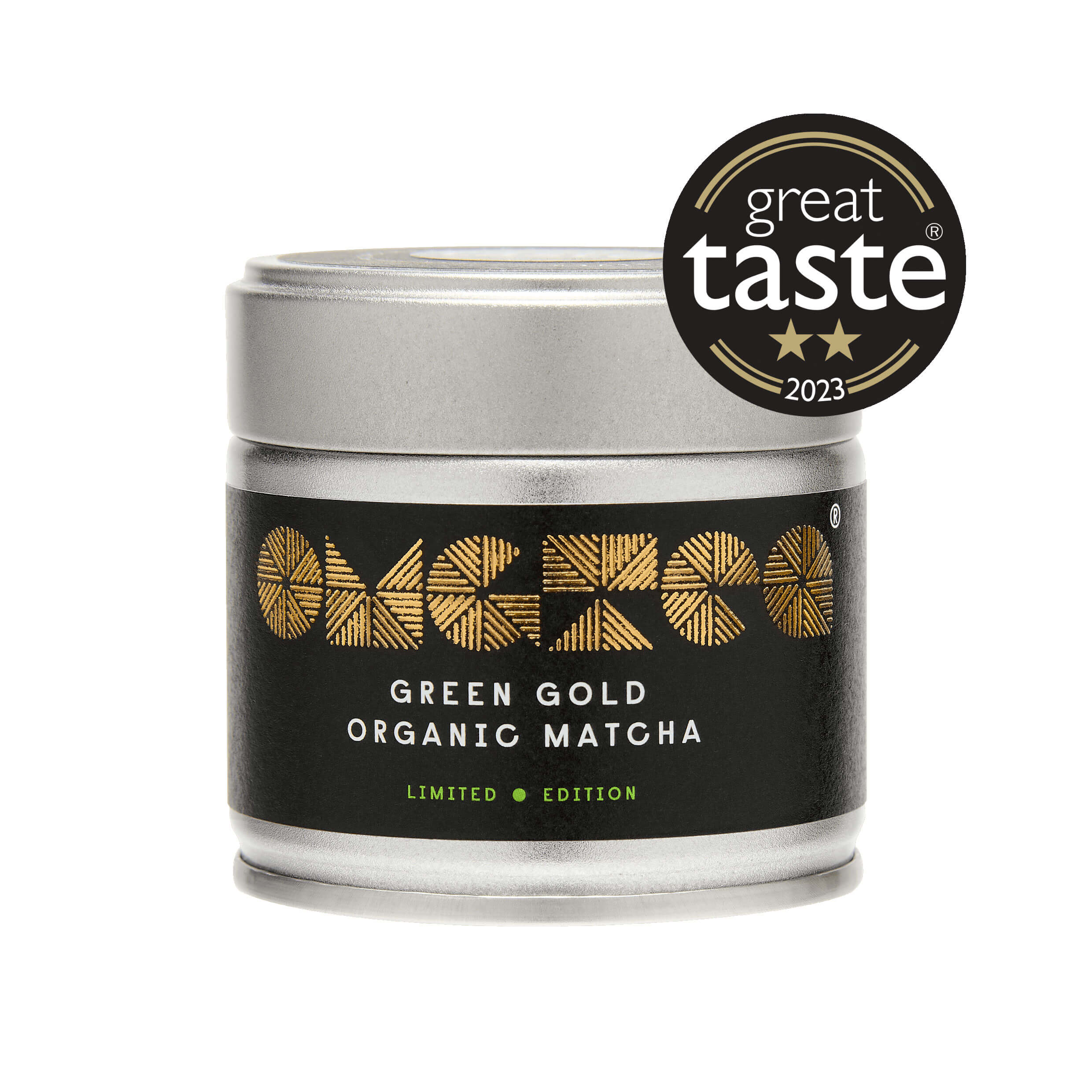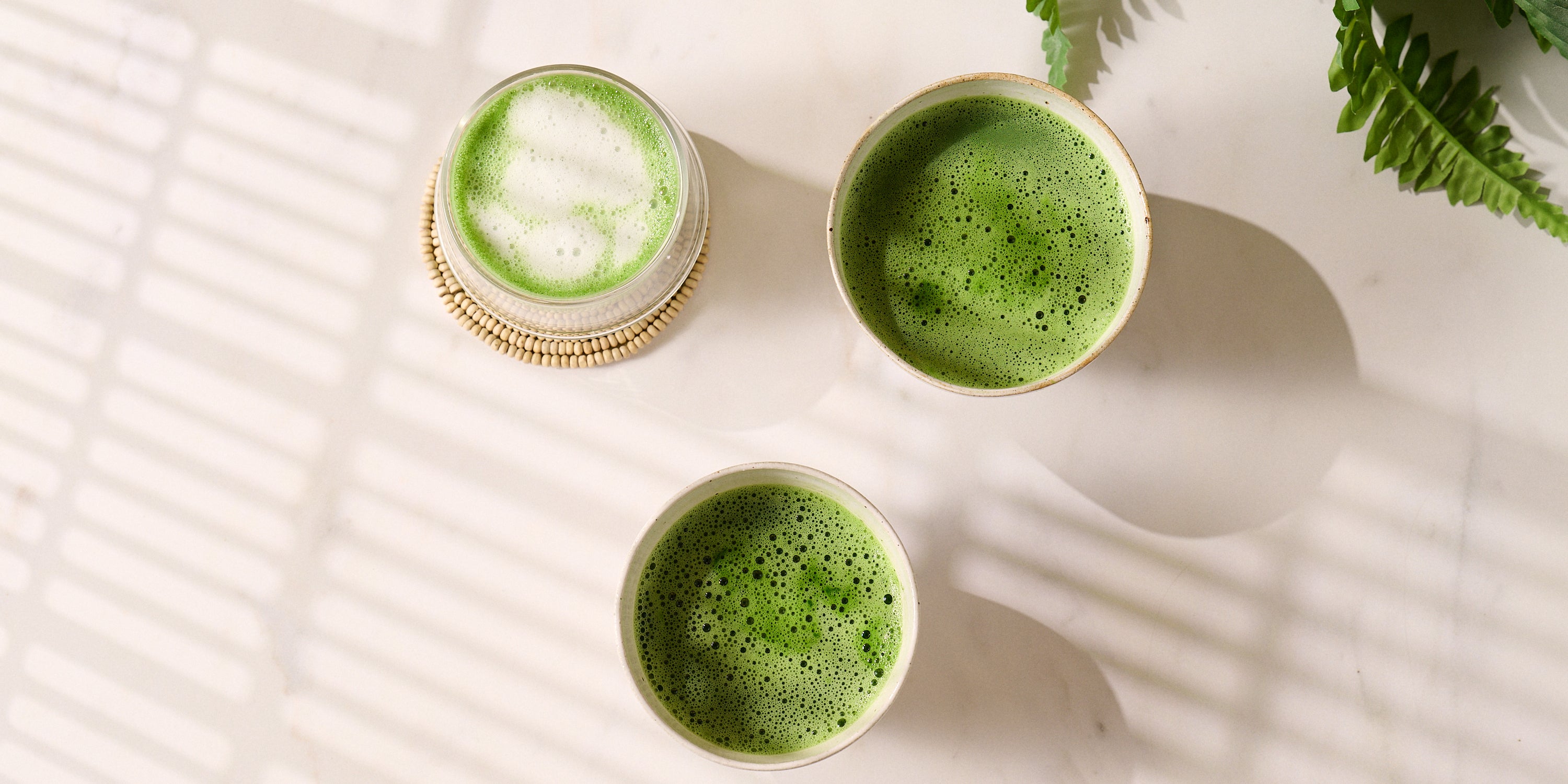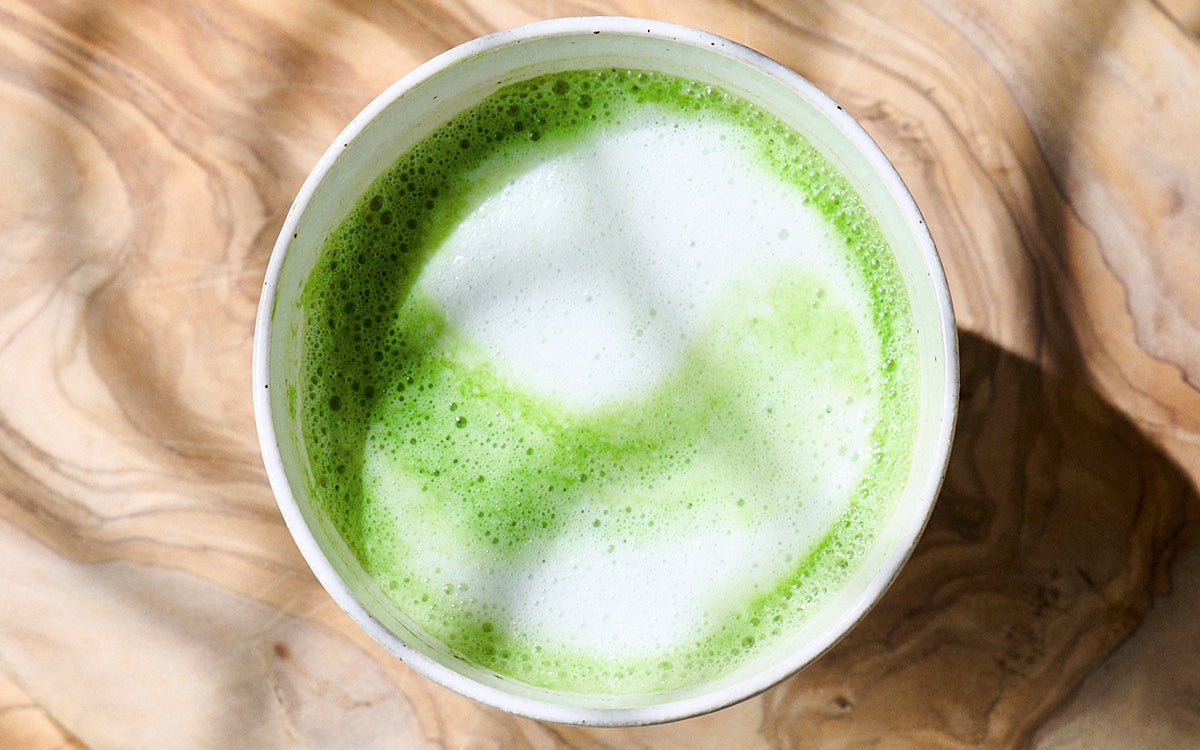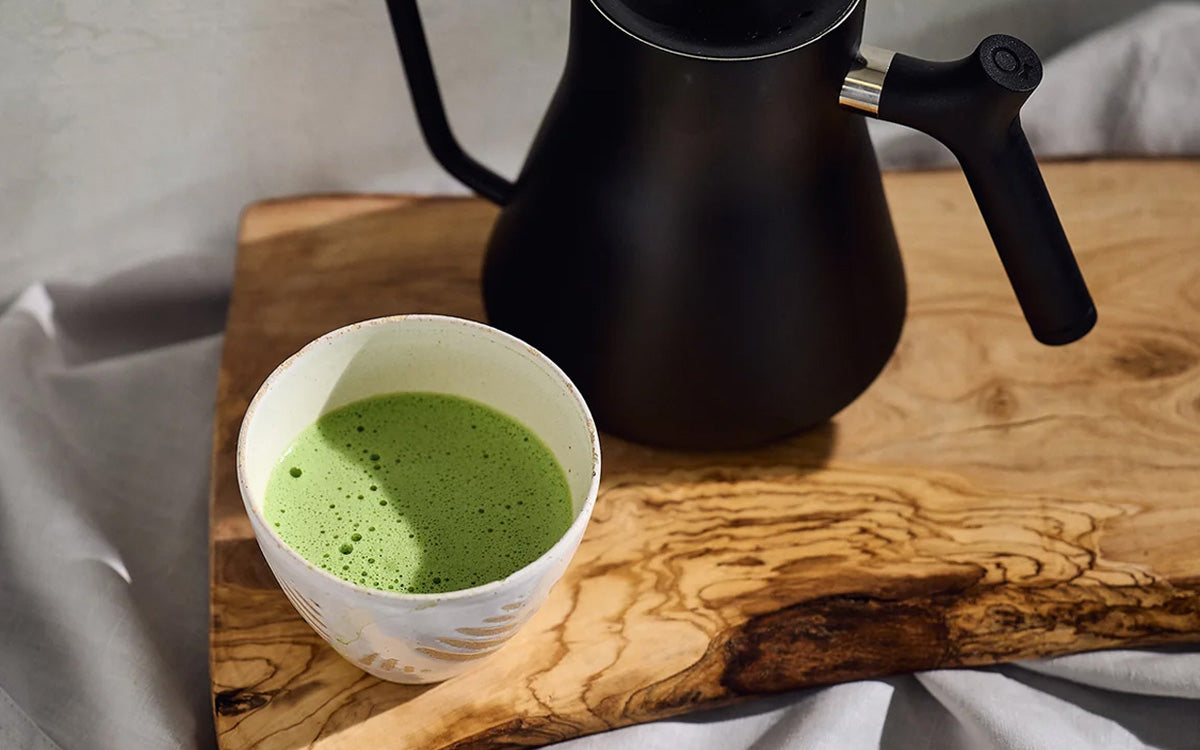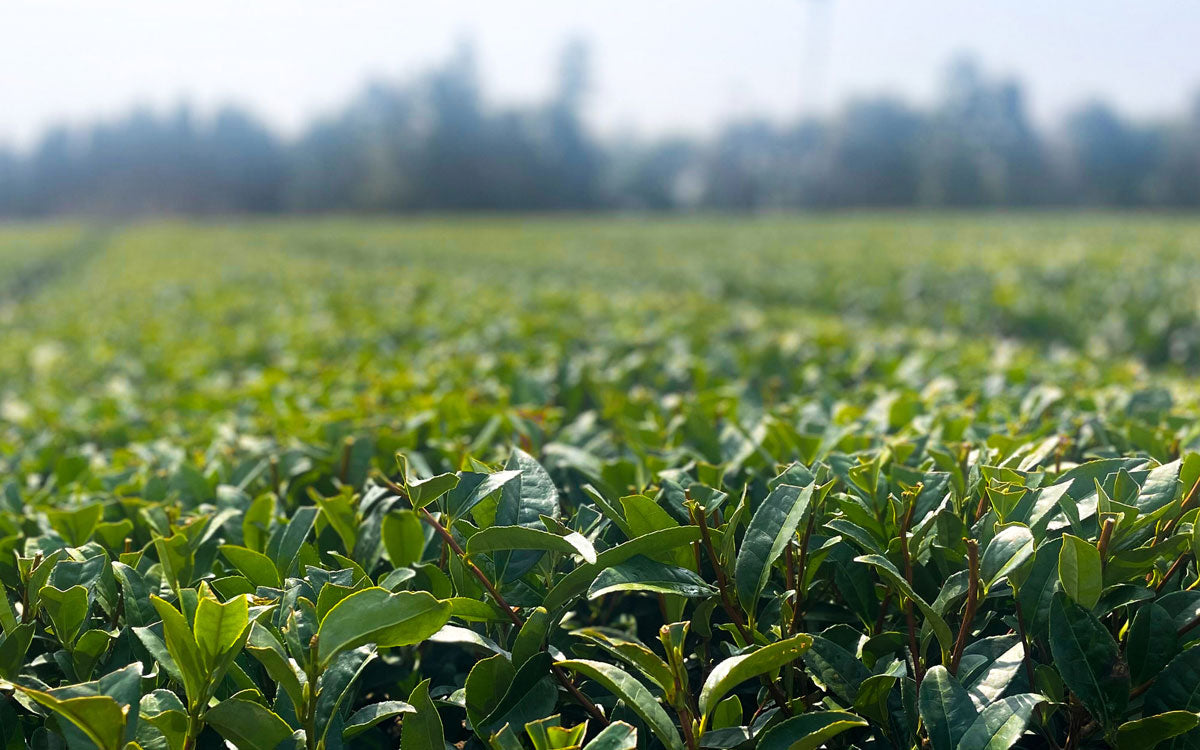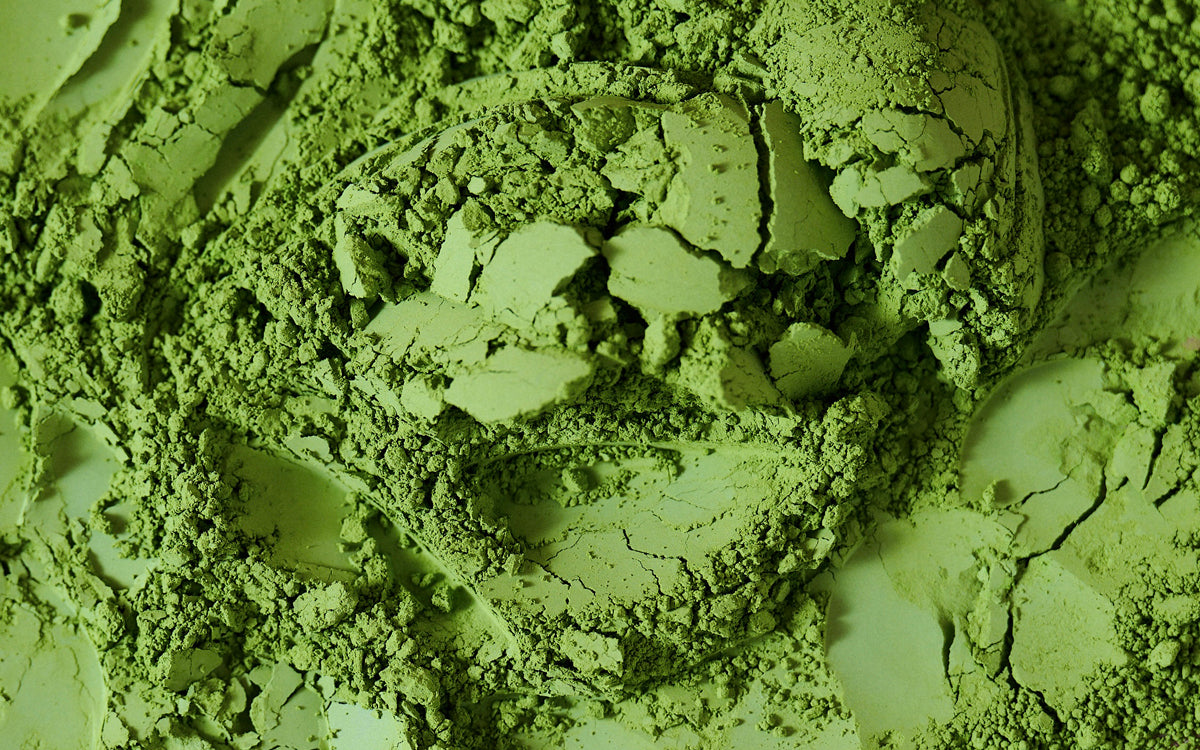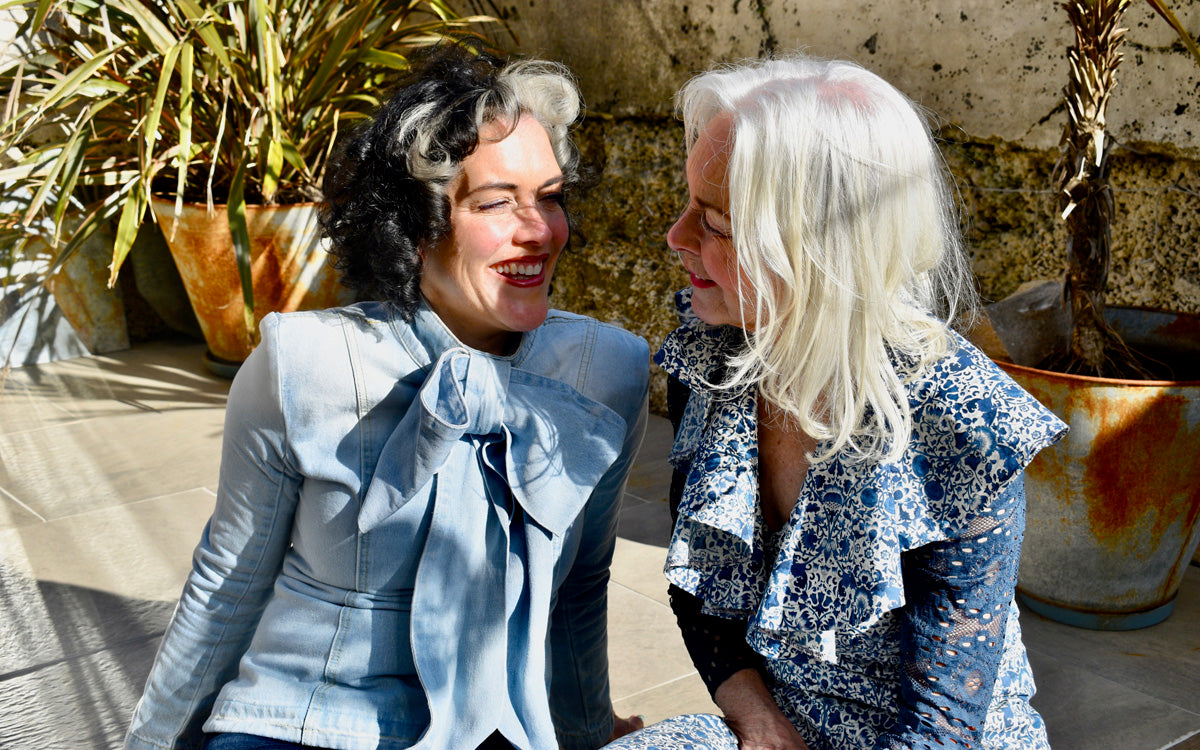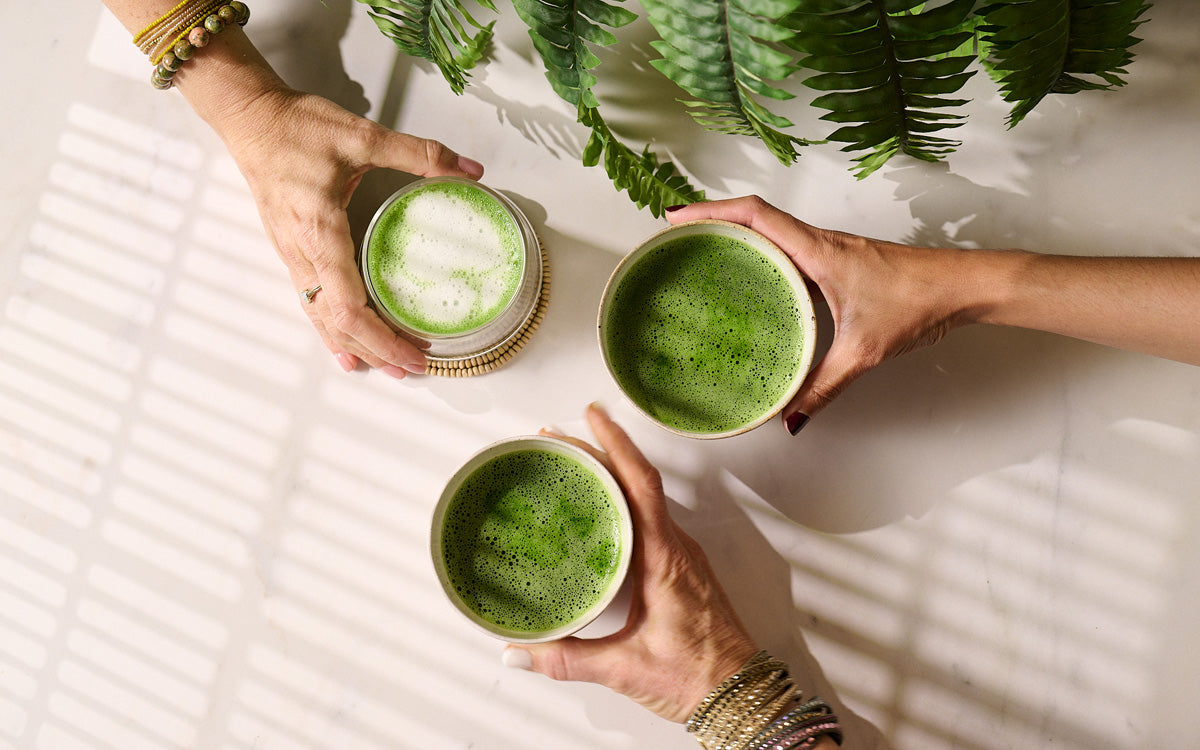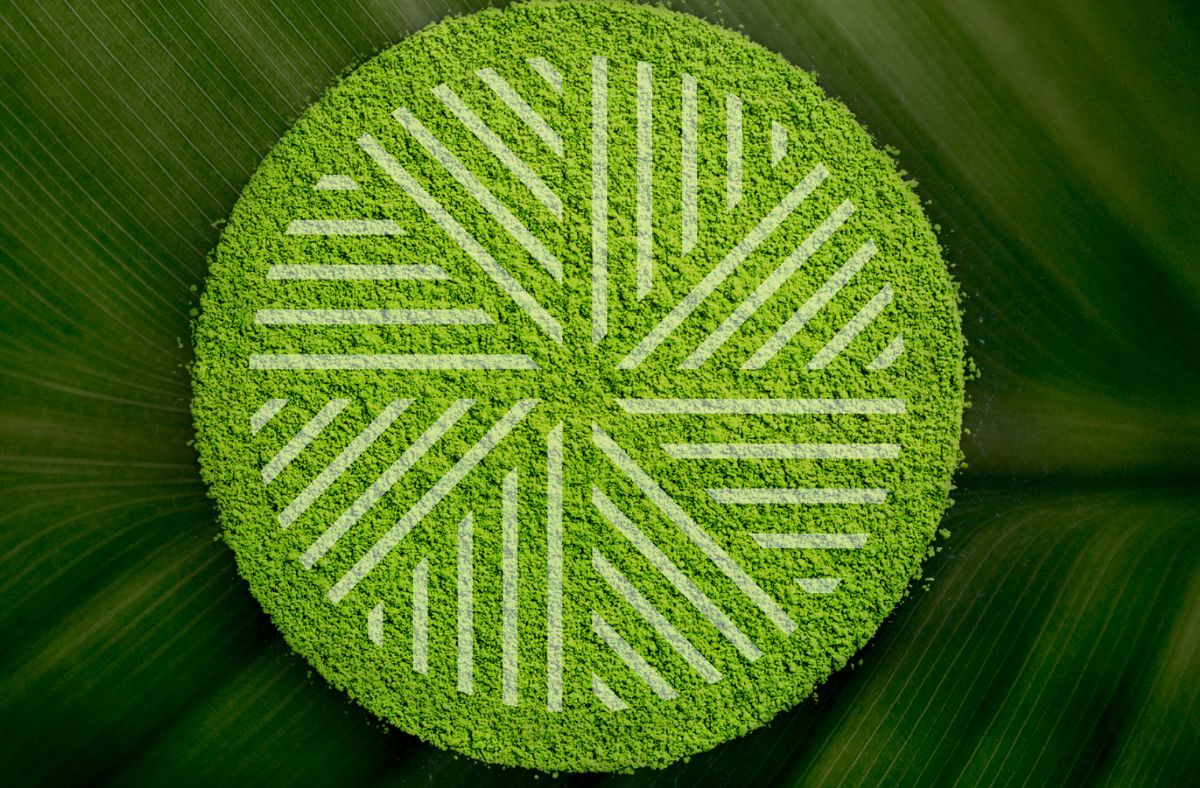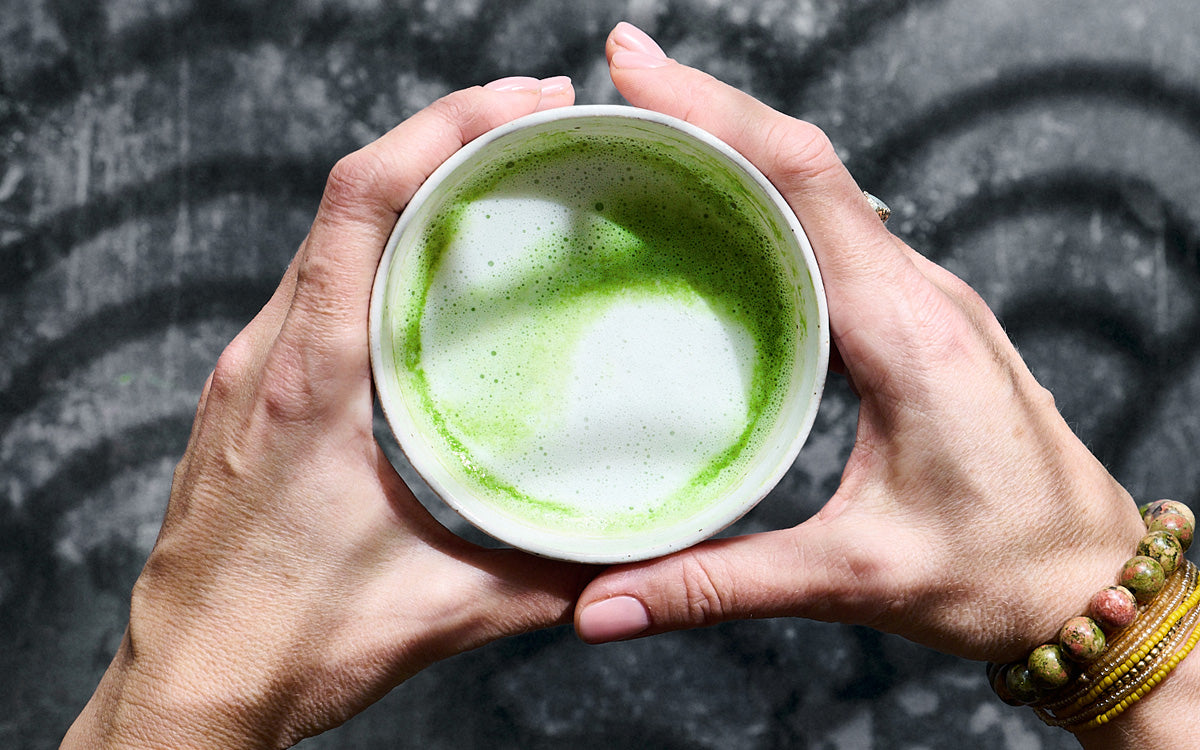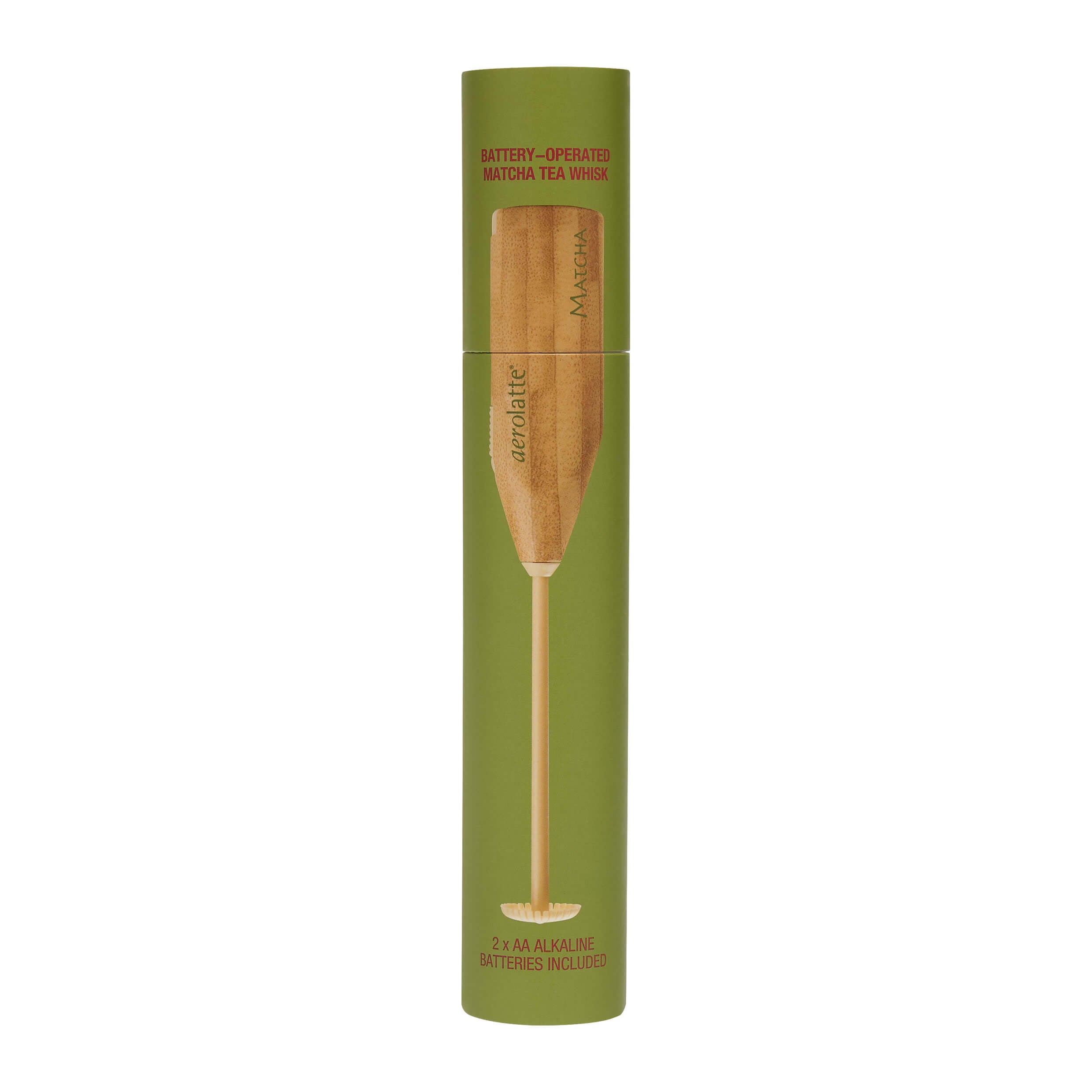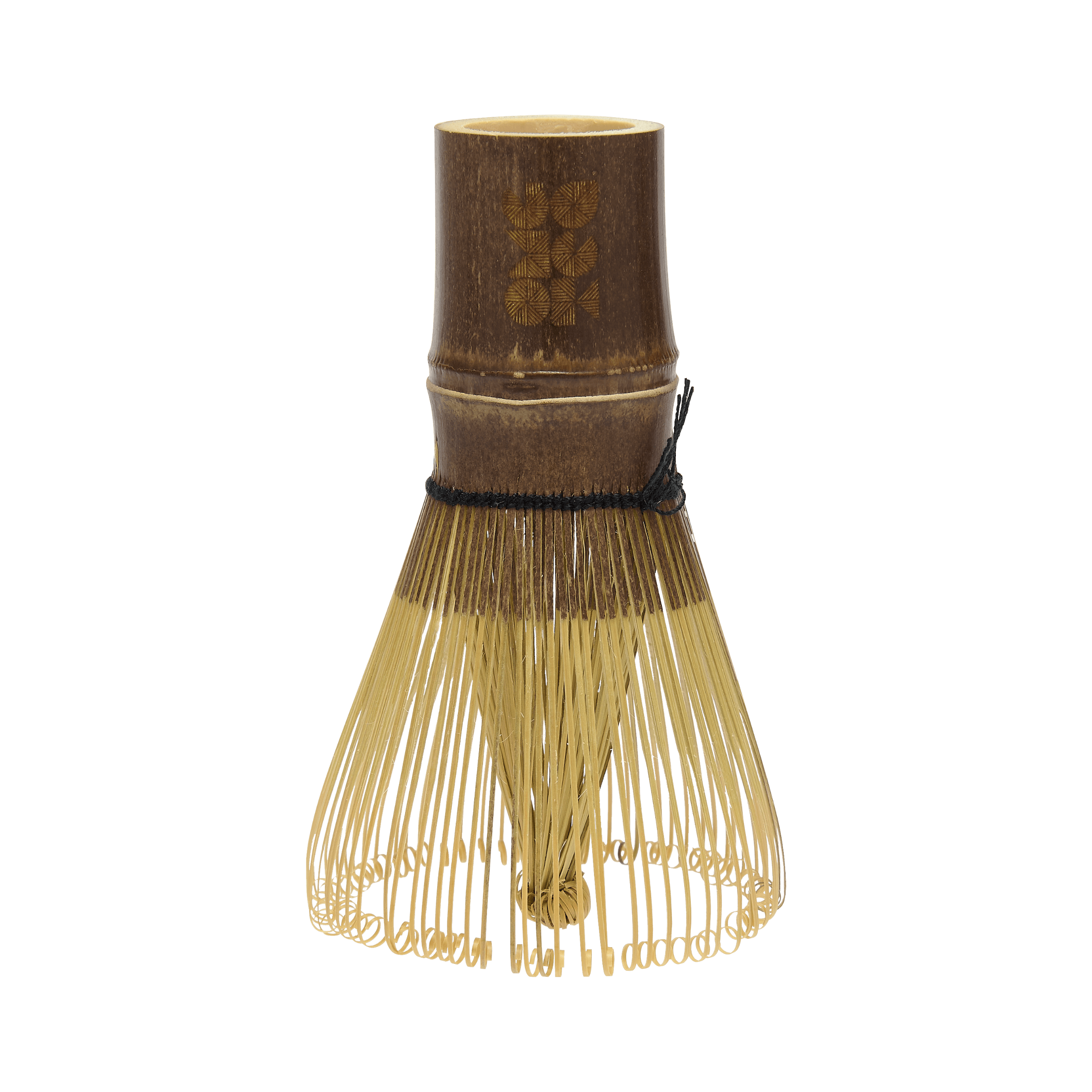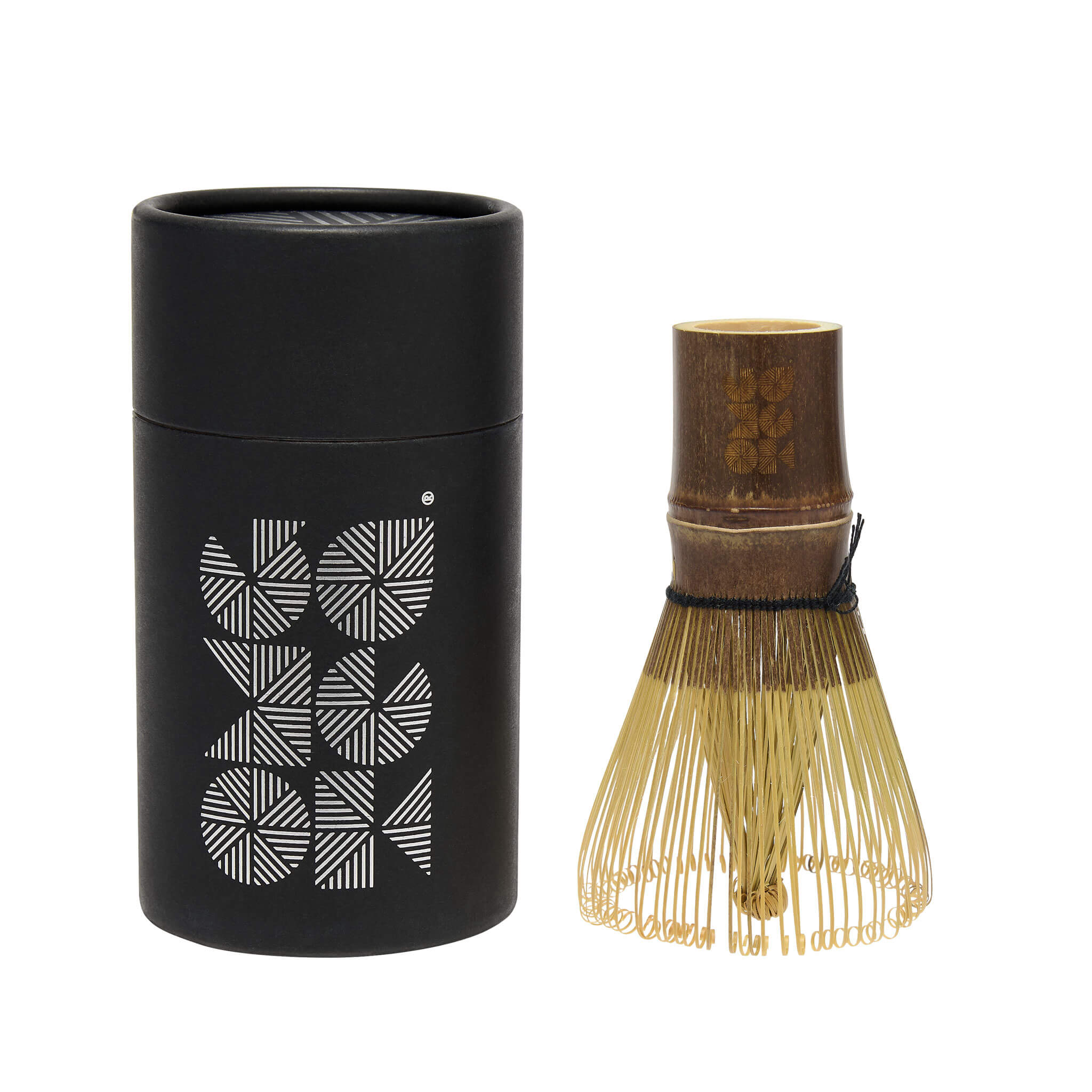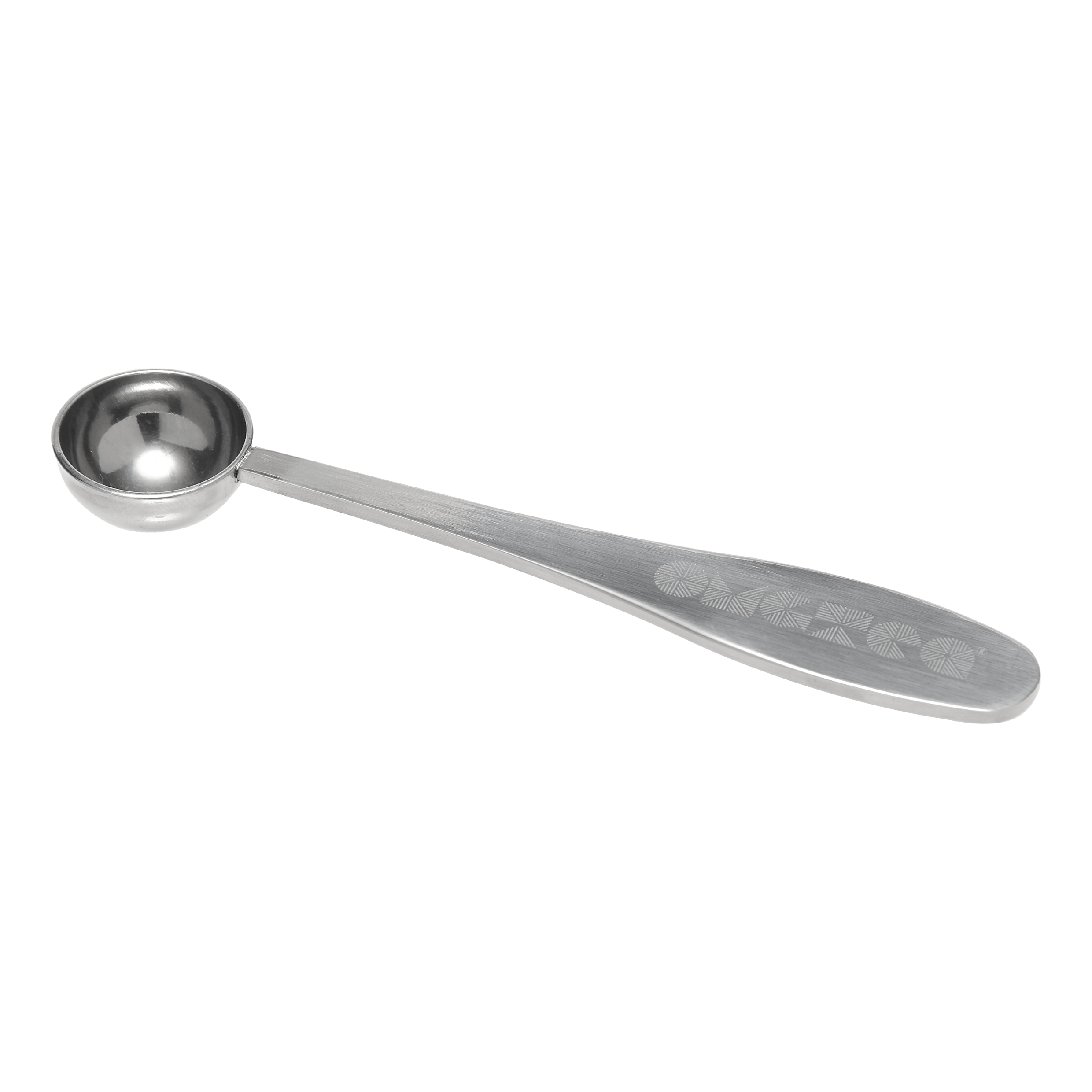Matcha is renowned for its wide-ranging health benefits and in Japan, it has a long history of being used for various medicinal purposes.
Here at OMGTea, we are a health business first and foremost and we are incredibly proud to be the only matcha brand in the UK to be involved in scientific research to explore the health benefits of matcha and validate some of the health claims regarding this extraordinary green powder.
We also regularly research what other matcha studies are taking place around the world to expand our knowledge and understanding of its’ true benefits and were encouraged to discover that research carried out at Kumamoto University in Japan, has shown that matcha has the potential to reduce anxiety.
Does Matcha Improve Brain Function?
In previous studies, matcha has been shown to improve attention, memory, and reaction time (1). It also contains caffeine and L-theanine, which can improve several aspects of brain function.
Matcha has less caffeine than other caffeinated drinks such as coffee. Each one-gram serving has approximately 34mg of caffeine, compared to 70-180mg for a cup of coffee. It is easily tolerated by most people for whom coffee makes them jittery; this is because all the other components that make up Matcha slow down the release of caffeine into the body. It usually takes three to six hours for the caffeine to be absorbed into the bloodstream; however, the mental alertness and energy are apparent almost immediately upon drinking it.
This is said to be due to the amino acid L-Theanine contained in the Matcha leaves. L-Theanine boosts alpha waves (the brain waves present in deep relaxation) and promotes alert relaxation. L-Theanine has had significant clinical results for not only naturally calming the brain but focusing it too.
L-Theanine also increases the production of the two chemicals dopamine and serotonin which in turn serve to enhance mood, promote better concentration, and improve memory (2).
It’s not surprising therefore, to learn that a 2019 study carried out by researchers at Kumamoto University in Japan, has shown that Matcha green tea can reduce anxiety.
Anxiety is something that affects most of us at some point in our lives and feelings of anxiety can be related to specific situations such as a job interview, which is perfectly normal and expected. However, some people experience feelings of anxiety on a more regular or constant basis, which can negatively affect their lives.
According to a Mental Health and Wellbeing report by Gov.uk, the proportion of adults aged 18 and over reporting a clinically significant level of psychological distress in the UK is 20.8%, soaring to 29.5% during the 2020/2021 lockdowns (3), making this type of research even more critical to understanding the full potential of matcha and other natural compounds.
Does Matcha Have Calming Effects?
As reported in Science Daily, “The group of researchers…found that anxiety was reduced after consuming Matcha powder or Matcha extract… A behavioural pharmacological analysis further revealed that Matcha and Matcha extracts reduce anxiety by activating dopamine D1 and serotonin 5-HT1A receptors.” (4)
These are encouraging findings, which will hopefully pave the way for future studies on the relationship between matcha and reduced anxiety. The study leader, Dr. Yuki Kurauchi says:
"Although further epidemiological research is necessary, the results of our study show that Matcha, which has been used as medicinal agent for many years, may be quite beneficial to the human body. We hope that our research into Matcha can lead to health benefits worldwide."
